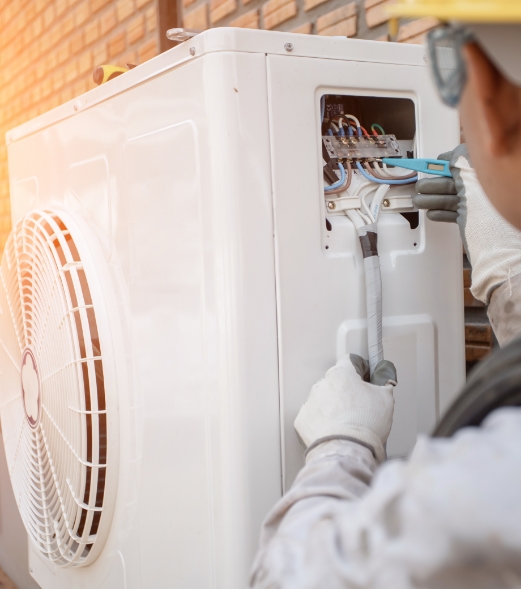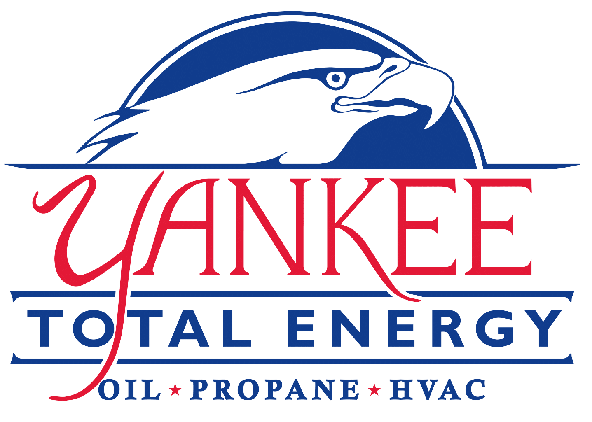
For home and business comfort, heat pump systems have emerged as a leading solution for both heating and cooling needs. With their remarkable efficiency and versatility, heat pumps are not only transforming how we manage indoor climates but also offering substantial cost savings and environmental benefits. If you’re considering an upgrade or installation, here’s why a heat pump system might be the best choice for your home or business.
Dual Functionality: Heating and Cooling in One System
One of the most significant advantages of heat pump systems is their ability to provide both heating and cooling from a single unit. Unlike traditional HVAC systems, which require separate units for heating and cooling, a heat pump operates year-round, adjusting its function based on the season.
In the summer, the heat pump extracts heat from inside your building and transfers it outside, effectively cooling your indoor environment. Conversely, in the winter, the process reverses, drawing heat from the outside air (even in colder temperatures) and bringing it inside to warm your space. This dual functionality eliminates the need for separate systems and simplifies your climate control.
Energy Efficiency: Lower Bills and Reduced Environmental Impact
Heat pump systems are renowned for their energy efficiency. Traditional heating systems, such as furnaces, generate heat by burning fuel, which can be energy-intensive and costly. Heat pumps, on the other hand, move heat rather than generating it, which uses significantly less energy.
The efficiency of heat pumps is measured by their coefficient of performance (COP) for heating and their seasonal energy efficiency ratio (SEER) for cooling. Modern heat pumps can achieve COPs of 3 or higher, meaning they produce three units of heat for every unit of energy consumed. This efficiency translates to lower energy bills and a reduced carbon footprint, making heat pumps an environmentally friendly choice.
Professional Installations and Mini-Split Systems
When considering a heat pump system, professional installation is crucial to ensure optimal performance and longevity. A qualified technician will assess your space, recommend the best type of heat pump, and ensure that the installation is carried out correctly. Proper installation maximizes efficiency and minimizes the risk of future issues.
For those needing targeted climate control, mini-split systems are an excellent option. Mini-split heat pumps are ductless, allowing for flexible installation in specific rooms or areas without the need for extensive ductwork. Each unit can be controlled independently, offering customized comfort and energy savings.
Cost-Saving Solutions: Long-Term Benefits
While the initial investment in a heat pump system may be higher than traditional HVAC systems, the long-term savings are significant. The energy efficiency of heat pumps results in lower monthly utility bills, and many models qualify for rebates or incentives that can offset the installation cost. Additionally, the dual functionality of heat pumps means you save on the cost of purchasing and maintaining separate heating and cooling systems.
The longevity of heat pumps also contributes to cost savings. With proper maintenance, heat pumps can last 15 to 20 years or more, compared to the shorter lifespans of traditional HVAC systems. This extended service life reduces the frequency of replacements and further enhances your return on investment.
Essential Maintenance: Ensuring Optimal Performance
To keep your heat pump system running efficiently, regular maintenance is essential. Routine checks by a professional can prevent common issues and ensure that your system operates at peak performance. Maintenance tasks include:
- Cleaning or replacing filters: Dirty filters can restrict airflow and reduce efficiency.
- Inspecting and cleaning coils: Clean coils improve heat transfer and system efficiency.
- Checking refrigerant levels: Proper refrigerant levels are crucial for efficient operation.
- Inspecting ductwork (for ducted systems): Leaks or blockages can affect performance.
Scheduled maintenance not only extends the life of your heat pump but also ensures that it operates at its highest efficiency, saving you money on repairs and energy costs.
The Best Choice for Energy Usage: Why Heat Pumps Stand Out
Heat pumps are often considered the best choice for energy usage due to their ability to provide efficient heating and cooling in one system. Their energy-saving properties, combined with their dual functionality and long-term cost benefits, make them a standout option for both residential and commercial applications.
Moreover, as energy regulations become stricter and the push for sustainable solutions increases, heat pumps align with these trends by offering a more eco-friendly alternative to traditional heating and cooling systems. Their ability to adapt to varying climate conditions and provide reliable comfort throughout the year ensures that they remain a top choice for energy-conscious consumers.
Climate Control
Heat pump systems represent a forward-thinking approach to managing indoor climates, offering unparalleled efficiency, versatility, and cost savings. Whether you’re upgrading your existing system or installing a new one, heat pumps deliver both heating and cooling in a single, energy-efficient package. With professional installation, ongoing maintenance, and the added benefits of mini-split systems for targeted comfort, a heat pump is a smart investment for any home or business. Choose a heat pump system today and experience the future of climate control, all while saving on energy costs and reducing your environmental impact.

Leave a Reply